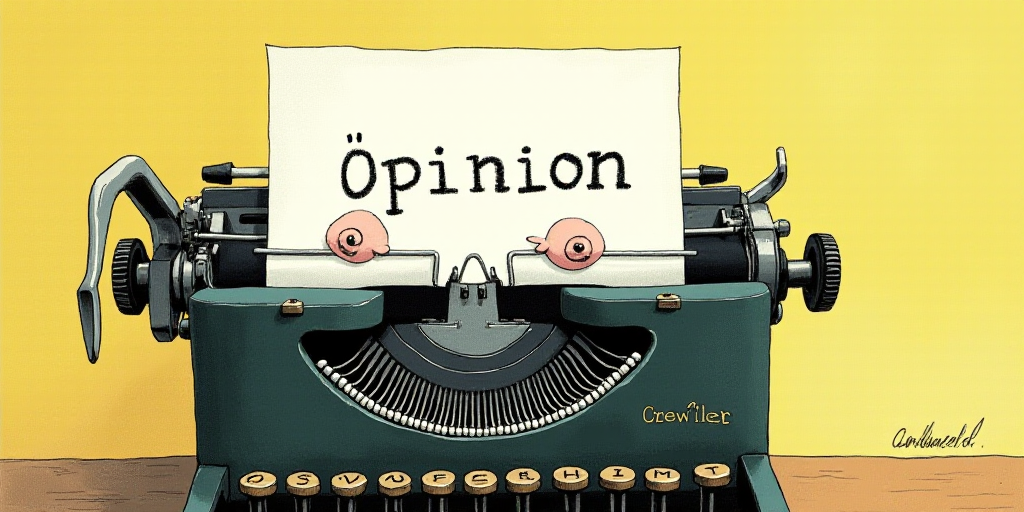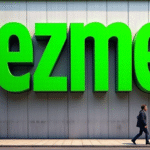Introduction
Freedom of expression is under serious threat globally. Hatred, anger, political correctness, and censorship loom over it, intimidating, silencing, and extinguishing it. Governments worldwide have realized how easy it is to rule without opposition, dissent, or consensus and are systematically seeking to eliminate divergent opinions to impose a single ideological model on society. In the Mexican case, concerning signs have emerged, such as the famous DATO PROTEGIDO case, the so-called “censorship law” in Puebla, or constant intimidation of journalists in Campeche.
The Importance of Freedom of Expression
Freedom of expression is one of the fundamental pillars of any democracy. Its value lies not only in ensuring individuals can express their ideas without fear of reprisal but also in its structural function as a limit to state power. By allowing criticism, denunciation, and dissent, freedom of expression acts as a social control mechanism that prevents the concentration and abuse of power.
Historical Context and Theoretical Foundations
Since mid-19th century, with John Stuart Mill’s theory of the free market of ideas, freedom of thought and expression has been fiercely defended. Mill warned that any form of censorship impoverishes society and argued that even an erroneous opinion has value because it forces the truth to be explained, defended, and strengthened. His argument gains strength when related to power: impeding criticism of the state is a path towards authoritarianism.
Contemporary Challenges
Thinkers like Daniel Innerarity, a Spanish political philosopher, have pointed out that 21st-century power is no longer exercised solely through formal institutions but by controlling the public narrative. Thus, freedom of expression takes on a new dimension: it not only permits direct criticism but also prevents the state from monopolizing the meaning of reality. The possibility to construct alternative narratives, even uncomfortable ones, is part of the power balance in open societies.
Legal Frameworks and International Precedents
While states have historically tended to restrict expression in the name of order, security, or the common good, legal frameworks protecting this right must be vigilant against any censorship attempt. The Inter-American Court of Human Rights declared in Opinion Consultive OC-5/85 that freedom of expression is a cornerstone of democratic societies, encompassing popular as well as challenging ideas against power.
Case Studies
Various cases in democratic societies have contributed to understanding that freedom of expression should be a check on state power. For instance, the U.S. Supreme Court’s ruling in New York Times Co. v. United States (1971), known as the “Pentagon Papers” case, affirmed that a free press serves the governed, not the governors, and that censorship precedes the First Amendment. Another example is the Kimel vs. Argentina case before the Inter-American Court, where the tribunal stated that those in public service should have a higher tolerance for criticism due to their power.
Conclusion
In an era where governments attempt to control public narratives through propaganda, media manipulation, or ambiguous regulation of social networks, defending freedom of expression becomes urgent. It is not merely protecting an individual voice but safeguarding the democratic framework. As Judge Hugo Black stated in the Pentagon Papers case, “Only a free and unrestricted press can effectively expose government deception.”
Key Questions and Answers
- Q: Why is freedom of expression crucial in a democracy? A: Freedom of expression is fundamental to a democracy as it allows for criticism, denunciation, and dissent, acting as a social control mechanism that prevents the concentration and abuse of power.
- Q: How has historical thinking supported freedom of expression? A: Philosophers like John Stuart Mill have argued that censorship impoverishes society and that even erroneous opinions have value by forcing the truth to be explained, defended, and strengthened.
- Q: What are the contemporary challenges to freedom of expression? A: In the 21st century, power is exercised by controlling public narratives rather than through formal institutions alone. Freedom of expression now also prevents the state from monopolizing the meaning of reality.
- Q: What do legal frameworks and international precedents say about freedom of expression? A: Legal frameworks protecting freedom of expression must be vigilant against censorship attempts. International precedents, like those set by the Inter-American Court of Human Rights and various case studies, affirm that freedom of expression is a cornerstone of democratic societies, encompassing popular as well as challenging ideas against power.






